Literary Devices: Apostrophe as a Figure of Speech | Examples and Use in Poetry
What is Apostrophe?
An apostrophe is a figure of speech in which some absent things or dead person is directly addressed as it is present and able of understanding.
It is an exclamatory figure of speech. Sometimes, exclamation used in it.
For example,
Life! I cannot understand you.
(Here, we are talking about life as it is a living object and it is able of understanding. Also notice exclamation mark after life.)
Some key points
Some key points about apostrophe are:
- The word ‘apostrophe’ which comes from ancient Greek. Literally meaning of the apostrophe is turning away.
- It is an exclamatory figure of speech and sometimes introduced by “O”. For example, “O Romeo, Romeo, wherefore art thou Romeo?”
- Aposrtophe is a figure of speech in which it is important not to confuse apostrophe, the literary device, with the apostrophe punctuation mark (‘).
- Apostrophe is found in poetry, plays and literature.
How apostrophe is pronounced?
Uh-po-struh-fee
Apostrophe as a literary device vs Apostrophe as a punctuation mark
Now, we see the difference between apostrophe as a literary device and apostrophe as a punctuation mark.
| Apostrophe as a literary device | Apostrophe as a punctuation mark |
| Apostrophe as a literary device evolved to the rotating from one addressee to a new. | Apostrophe as a punctuation mark took on the value of ‘omission’ and therefore it is used when letters are absent and non-existent. |
| However the terms have similar start but their meanings are very different. | We use an apostrophe when we write I am to I’m, Do not to Don’t I will to I’ll We have to we’ve etc. |
Common Examples of an apostrophe
As we know that the use of apostrophe and also familiar with using apostrophe without realizing it.
Apostrophes are found in daily writing or daily speech, plays and poetry as well as literature.
Here are some common examples of apostrophe
- Why do not you ever work? You stupid computer!
- Ring o bell!
- O captain! My captain! Our fearful trip is done.
- Don’t tell me now, dear eyes.
- Oh, bed! At last; I can be with you!
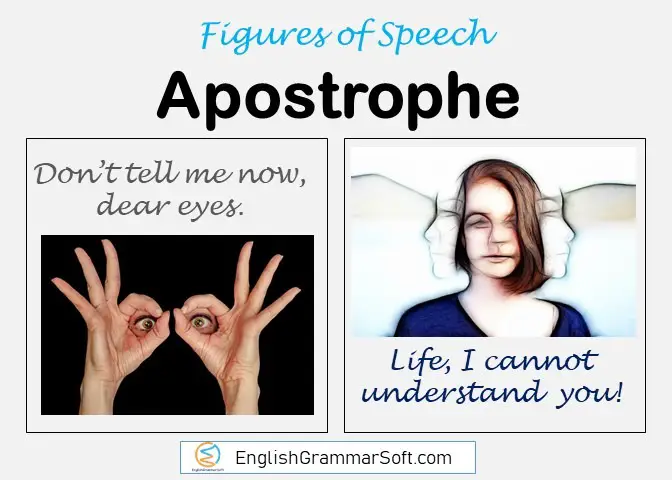
Jane Taylor uses apostrophe in famous poem, “The Star”
Twinkle, twinkle, little star,
How I wonder what you are
Up above the world so high,
Like a diamond in the sky.
This poem is the most famous and popular nursery rhymes in which a child speaks to a star (which is an inanimate object). Hence, this is a classic example of apostrophe.
Some more apostrophe examples
- I am -> I’m
- I’m a girl.
- You are -> You’re
- You’re going to school.
- Do not -> Don’t
- I don’t like cold drinks.
- It is -> It’s
- It’s raining now.
- He would -> He’d
- He’d like to go to hill station.
- Let us -> Let’s
- Let’s start saving more money each month.
Apostrophe in songs
Apostrophe are also found in songs lyrics. Many poets of music make use of apostrophe, as apostrophe creates a direct emotions between the singer and his subject.
Song
‘Oh Cecilia’ by The Vamps
Cecilia, you’re breaking my heart
You’re shaking my confidence daily
Put your hands up
You’re surrounded
The whole love thing
I clowned it
Then who’s the joker?
I guess I’m it
Cause I let it right go when I found it………………….
Cecilia, you’re breaking my heart
You’re shaking my confidence daily
Oh Cecilia, I’m down on my knees
I’m begging you please to come home
Uh, uh, uh, eh, eh
Uh, uh, eh, eh —————–
This is a popular song by the vamps. In this song, the poet speaks to Cecilia (who is non-existent). Hence, this is the best example of apostrophe.
Apostrophe in Poetry
Apostrophes mostly found in poetry, prose, fiction and literature.
Example#1
Ode to a Nightingale (by John Keats)
Thou wast not born for death,
Immortal bird!
No hungry generations tread thee down;
The voice I hear this passing nigh
Was heard——————
The ode form of poetry was a favorite of John Keats. Odes are usually directed to an absent object or person who is not present. Odes are filled with the apostrophe.
Example No.2
Divine poem of John Donne
“Death be not proud, though some have called thee
Mighty and dreadful, for,
Thou art not so,
For those, whom thou think’st,
Thou dost overthrow,
Die not, poor death, nor yet canst
Thou kill me.”
In this poem, the poet speaks to death, an inanimate idea, as if it were a person capable of understanding his feelings.
Apostrophe in Literature
English literature is full up with examples of apostrophe.
Look at these examples,
1. “The Sun Rising” by John Donne
Busy old fool, unruly sun,
Why dost thou thus,
Through windows and through curtains call on us?
Must to thy motions lovers’ seasons run?
Saucy pedantic wretch, go chide
Late school – boys, and sour’ prentices,
Go tell court – huntsmen that the king will ride,
Call country ants to harvest offices;
Love, all alike, no season knows, nor clime,
Nor hours, days, months, which are the rage of time.
In this poem, the poet describes the sun in an informal way, as it was a real human being.
2. “Ode on a Grecian urn” by Joh Keats
“Thou still unravished bride of quietness,
Thou foster-child of silence and slow time,
“Sylvan Historian” says
can – thus expresses
a flower tale more sweetly
than our rhyme.
In this stanza, the poet speaks a beautiful ancient vase, addressing it as a bride. And also, the poet lays emphasis on the silence of the urn. He also presents a paradox. Odes are filled with the apostrophe.
3. “Ode to the west wind” by Percy Bysshe Shelley
Oh, life me as a wave, a leaf, a cloud!
I fall upon the thorns of life!
I bleed!
A heavy weight of hours has chained and bowed
One two like thee: tameless, and swift, and proud.
In this ode Shelley’s revolutionary passion flows from his idealism. All his life he dreamed of an ideal world without evil, suffering and misery.
What an example of apostrophe!
4. “To Mr. Lawrence” by John Milton
Lawrence of vertuous father vertuous son,
Now that the fields are dank,
And ways are mire,
Where shall we sometimes meet,
And by the fire
Help wast a sullen day
What may be son
From the hards season gaining:
Time will run…………
5. “London, 1802” by William Wordsworth
Milton thou shouldst be living at this hour:
England hath need of thee: she is a fen
Of stagnant waters: alter, sword, and pen,
Fireside, the heroic wealth of hall and bower………………
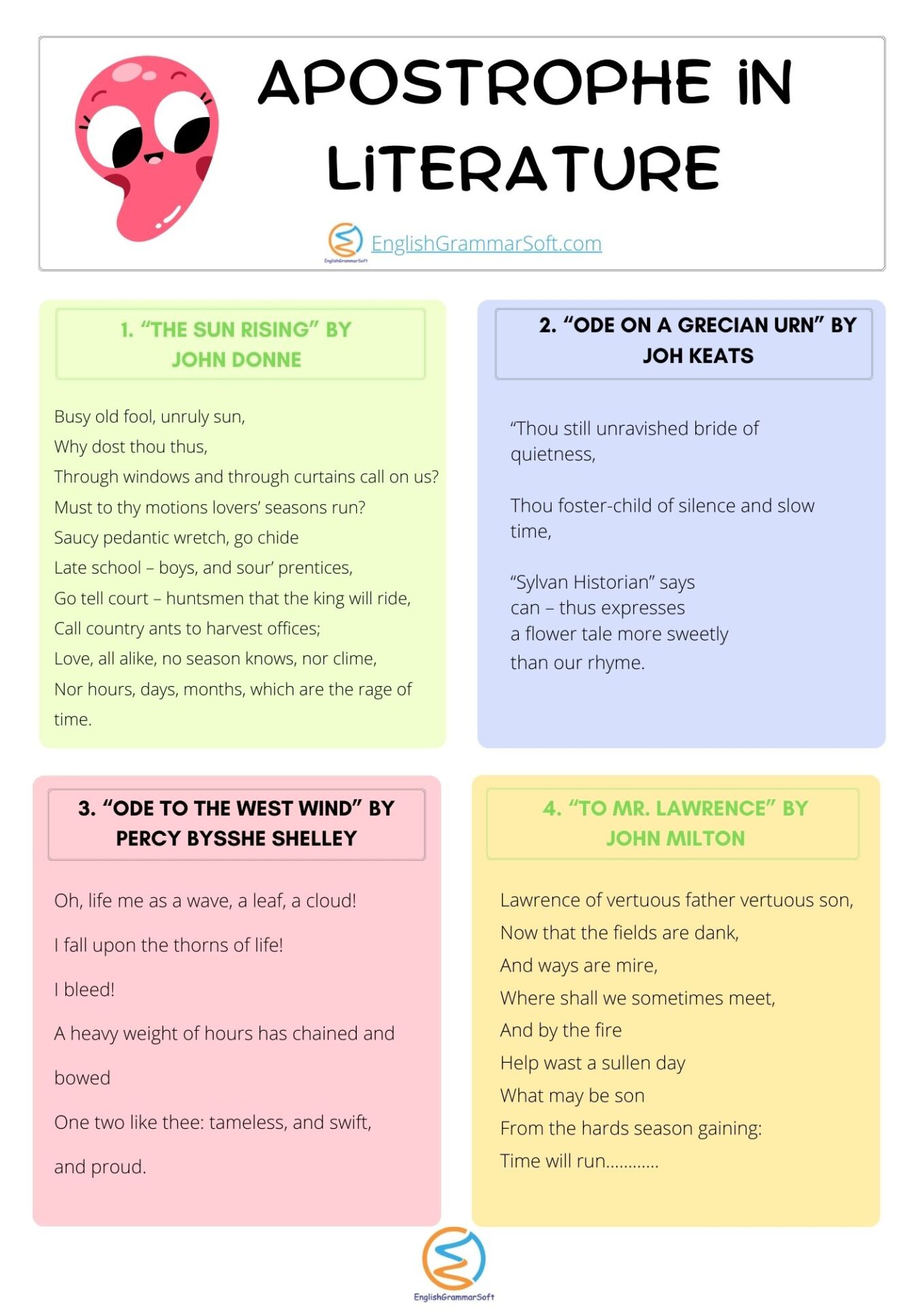
Purposes and Functions of an Apostrophe
The main function of an apostrophe is to personify absent things or non-existent ideas to bring them to life. Due to this purpose, the writers are able to develop perspective that is as well as creative. Suitable for readers to co-relate themselves to abstract emotions when they observe them in their natural surroundings.
Writers try to bring lifeless ideas or non-existent person to life, readers also understand this tool of the writers.
Other helpful resources
- Apostrophe Examples from Wikipedia
- 27 Figures of Speech
- Antithesis Examples in Literature
- Euphemism Figure of Speech
- What is a simile in literature? How to write a good simile?
- 12 Types of Metaphor with Examples
- Personification with Examples
- Fable Meaning and Examples in Literature
- Hyperbole Definition and Examples
- What is Epigram in Figure of Speech?
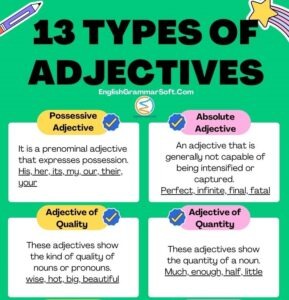

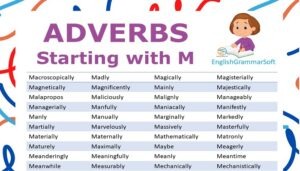
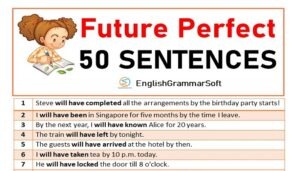
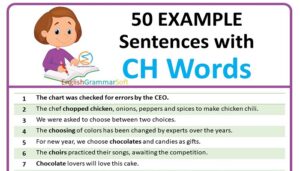

Literary devices are difficult to write. But it is fun to read. Thank you for sharing!